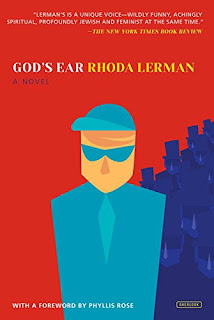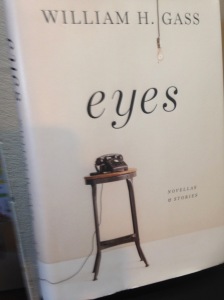Book review: The Diamond Setter
Mar. 21st, 2018 01:37 pm"... The novel’s title in the original Hebrew edition is the Aramaic phrase Bi’zer Anpin, which means 'on a small scale, in miniature,' and this family and their enterprises are a microcosm of a lower-middle class retail subculture at the end of an era.
"Overseas Pinkus is better known as cartoonist, and his book cover illustration of bathers in the waterpark swimming pool provides a preview of his satirical take on that subculture whose narrative portrait is also poignant. Pinkus’ mastery of language is every bit equal to that of his visual medium, and translators Evan Fallenberg and Yardena Greenspan do a fine job of conveying his varied prose into English." -- from my review of Petty Business by Yirmi Pinkus in New York Journal of Books

Lerman’s sense of humor has been compared to that of Philip Roth (who is three years her senior), but in God’s Ear the humor also employs the traditional Jewish irony and Eastern European Jewish folklore of Isaac Bashevis Singer, especially his short stories. Most of Lerman’s Hasidic folktales in God’s Ear are too long to quote, but the following paragraph gives a taste of her wit:
“Totte, you hear about the old Jew who walked into the SS recruiting office before the war? He comes in half-blind, crippled, palsied. He goes up to the Nazi recruiter and says, ‘I just came in to tell you, on me you shouldn’t count.’” -- from my review of God's Ear by Rhoda Lerman in New York Journal of Books
Throughout the book one can’t help admiring Assadi’s handsome prose, such as this excerpt from a page long paragraph:
“Sometimes I cannot locate any one night as if my life in New York were but a flood of nights. An eternal room of empty wine bottles, ashtrays overflowing, the maze of screeching trains, Laura at the window, Dylan and his parties, filled with fur and cocaine and moderate celebrity, and the cab rides home, the drunken swipes of credit cards with fifteen-dollar balances behind drivers whose faces I never remembered come morning, dinners with Laura alone, Thai food, not finishing our plates, ordering more to drink, someone at the piano, someone holding the guitar, strumming chords, singing songs, concerts in the beginning, neon flashing, rich acquaintances in Soho lofts, next stop Williamsburgh, living in the dark, living in the night, making it through the day only to afford the night.” -- from my review of Sonora by Hannah Lillith Assadi in New York Journal of Books


"At first glance Israeli novelist David Grossman’s new novel, A Horse Walks into a Bar, which as the title suggests recounts a stand-up comedian’s performance one evening at a night club in the coastal city Netanya, appears to be a complete change in tone and direction from his previous two fiction books To the End of the Land and Falling Out of Time (the latter reviewed on NYJB), emotionally heavy works that either indirectly or directly deal with parental grief.
"But initial appearances can be deceiving, and though the new novel is seasoned with jokes it is a serious work that addresses emotional pain as a source of all art, even a genre as coarse and vulgar as stand-up comedy." -- from my review in New York Journal of Books
"Ayelet Gundar-Goshen’s (One Night, Markovitch) second novel Waking Lions starts as a moral drama in its first 14 chapters and becomes a suspenseful crime thriller in its final 11. Its strength lies in its third person narration’s shifting perspectives that develop its characters’ backstories and dramatic situations in the first part and its page turning pacing in the second part, in which the novel’s unanswered questions are resolved." -- from my review in New York Journal of Books
"With its universal themes of healing, recovery, creativity, and finding one’s vocation The Man Who Never Stopped Sleeping should engage the wide readership Appelfeld’s prose deserves. Readers may want to buy extra copies and donate them to VA hospitals." -- from my review in New York Journal of Books. |
Book review: Recitation by Bae Suah
Jan. 25th, 2017 05:05 pm
"After two novellas translated into English (Nowhere to be Found, 2015 and A Greater Music, 2016, the latter reviewed in NYJB) South Korean post-modernist fiction writer Bae Suah and British translator Deborah Smith—who also translated A Greater Music and two novels by Han Kang (The Vegetarian and Human Acts)—return with an even more ambitious full length novel, Recitation, a novel of ideas with frequent philosophical digressions that further develops A Greater Music’s theme of living abroad while also addressing globalization, racial identity, and intolerance. It is a challenging yet cognitively engaging and rewarding read.
"... This is not a book for lazy readers; Bae expects us to show up ready to work. Her handsome prose, however, is never an obstacle.
"... Recitation will make Bae’s anglophone readers and other fans of post-modern fiction eagerly await the publication of more of her novels in English."
-- from my review in New York Journal of Books
Book review: Judas by Amos Oz
Nov. 27th, 2016 06:47 pm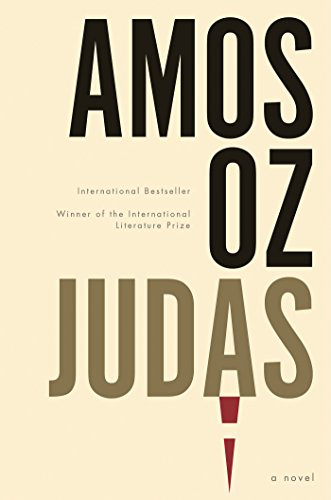
Book review: A Greater Music by Bae Suah
Oct. 20th, 2016 03:49 pm
Book review: Two She-Bears by Meir Shalev
Sep. 21st, 2016 11:20 am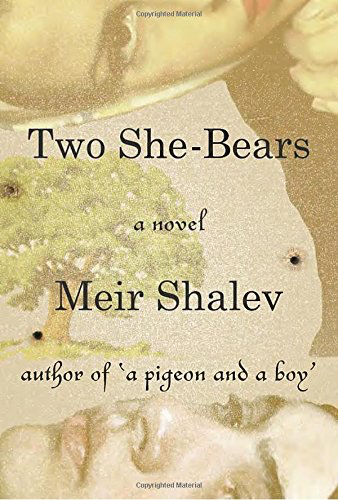
“Is a proclivity to violence and vengeance a gender and/or regional trait? Are the minds of men more than women and/or rural folk more than city dwellers predisposed to violent acts of revenge? Or put another way, are violence and vengeance intrinsic components of the male psyche, and if so are men more likely to resort to them in rural settings? These are the central questions posed by Israeli novelist Meir Shalev in his seventh novel Two She-Bears (in the original Hebrew Shtayim Dubim, Am Oved, 2013).” — the opening paragraph of my review in New York Journal of Books
" Leaving Lucy Pear is recommended to readers who enjoy historical fiction, a cast of well developed mainly female characters, and handsome prose." -- from my review in New York Journal of Books
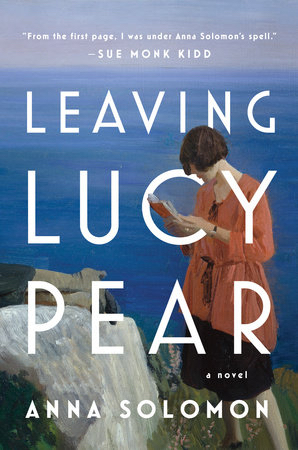
by Susan Daitch

bookshelves: international-settings, jewish, post-modern, historical-fiction, mysteries, cerebral-fiction
Read an excerpt of the novel here.
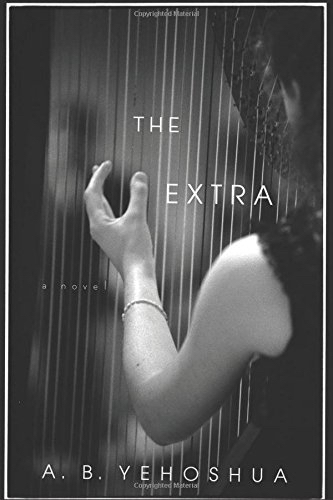
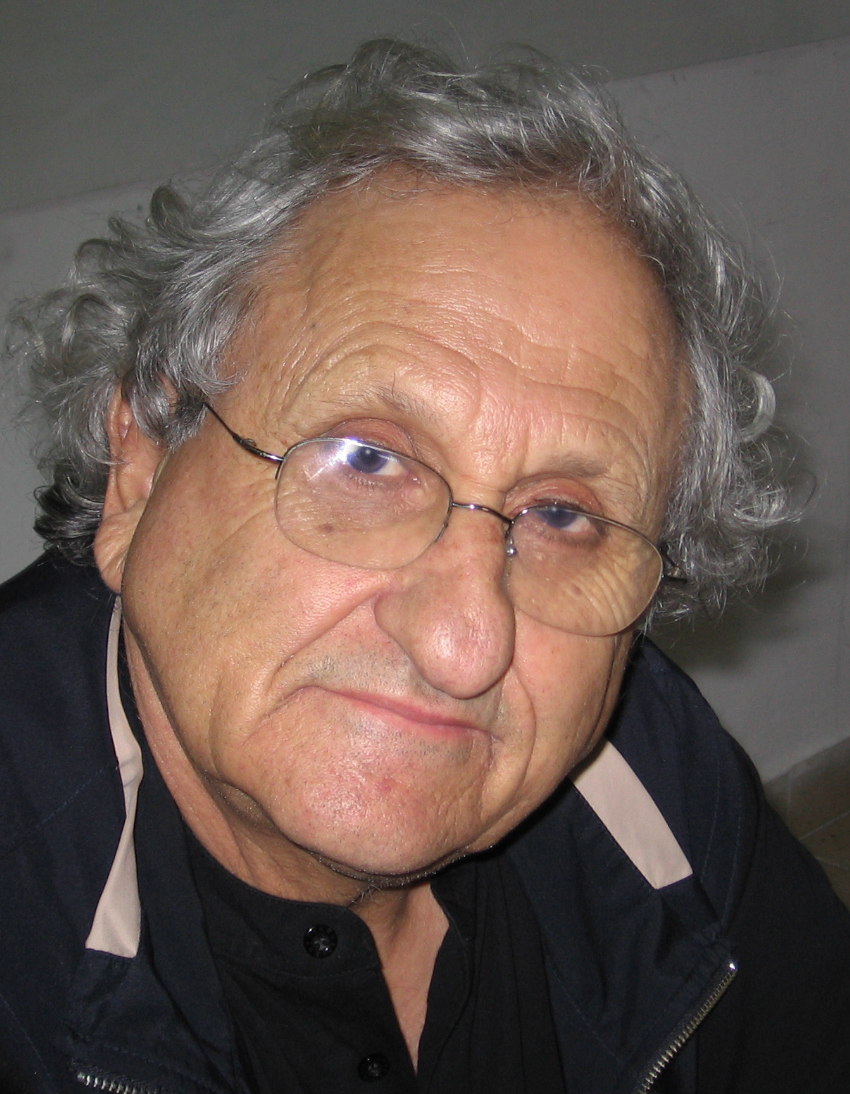
"On the surface the new novel is about feminism and the right of women to choose not to bear children. But an underlying theme is whether liberal nationalism is an oxymoron, whether the rights of the individual (the essence of liberalism) can be reconciled with the needs of the nation." -- from my New York Journal of Books review of The Extra by Abraham B. Yehoshua. For an excerpt from the novel see my examiner article.
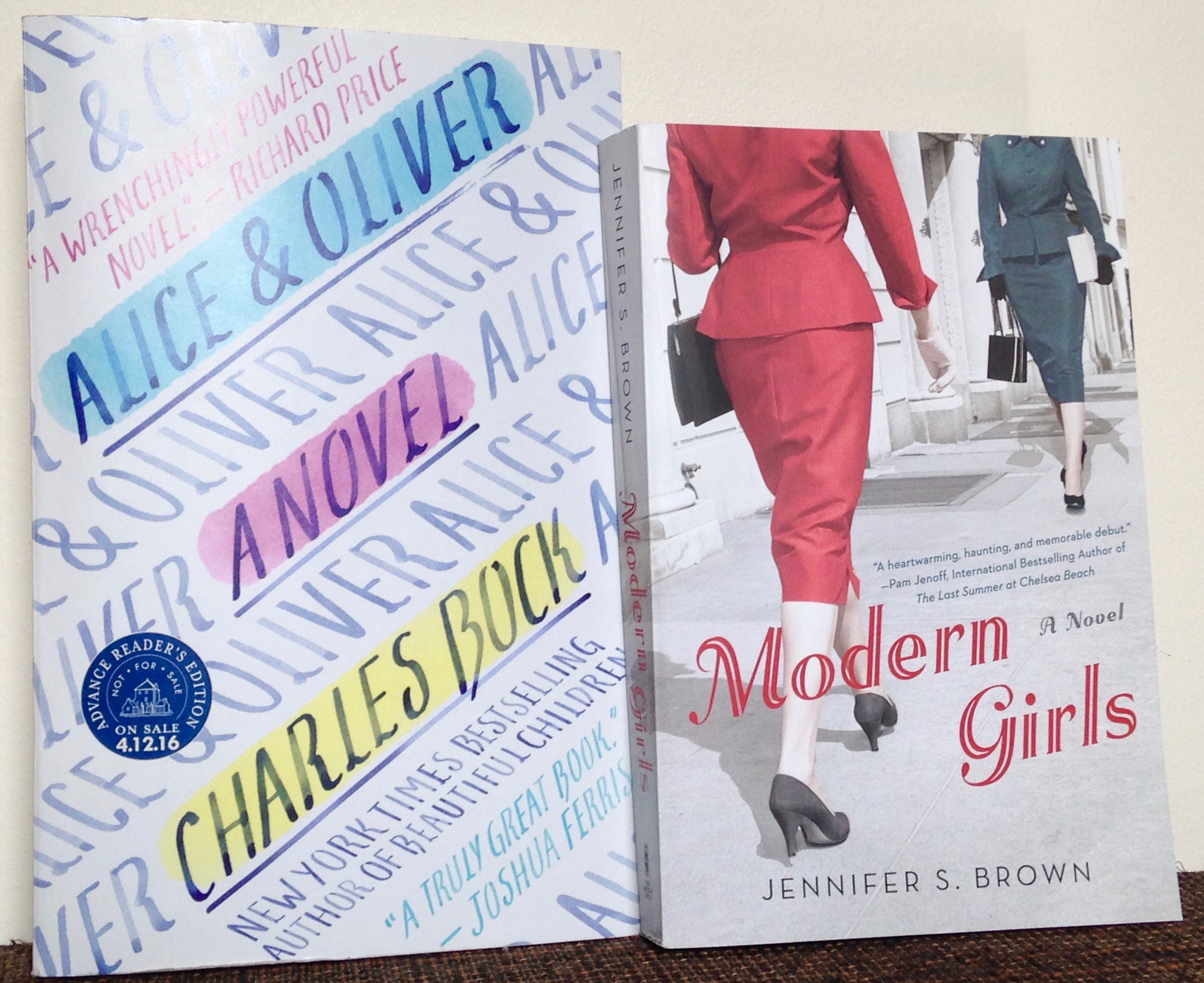
"At first glance two historical novels published last week have little in common. Where Charles Bock’s second novel Alice and Oliver is a starkly realistic and unflinching portrait of a marriage undergoing trial by health crisis in 1990s New York, Jennifer S. Brown’s debut novel Modern Girls, on the other hand, is a warm, heimisheh tale of two generations of women in a Jewish immigrant family on Manhattan’s Lower East Side in the 1930s whose opportunities and choices were limited by their gender." -- from my 4/13/16 examiner article. Also see my reviews of the two books in New York Journal of Books .
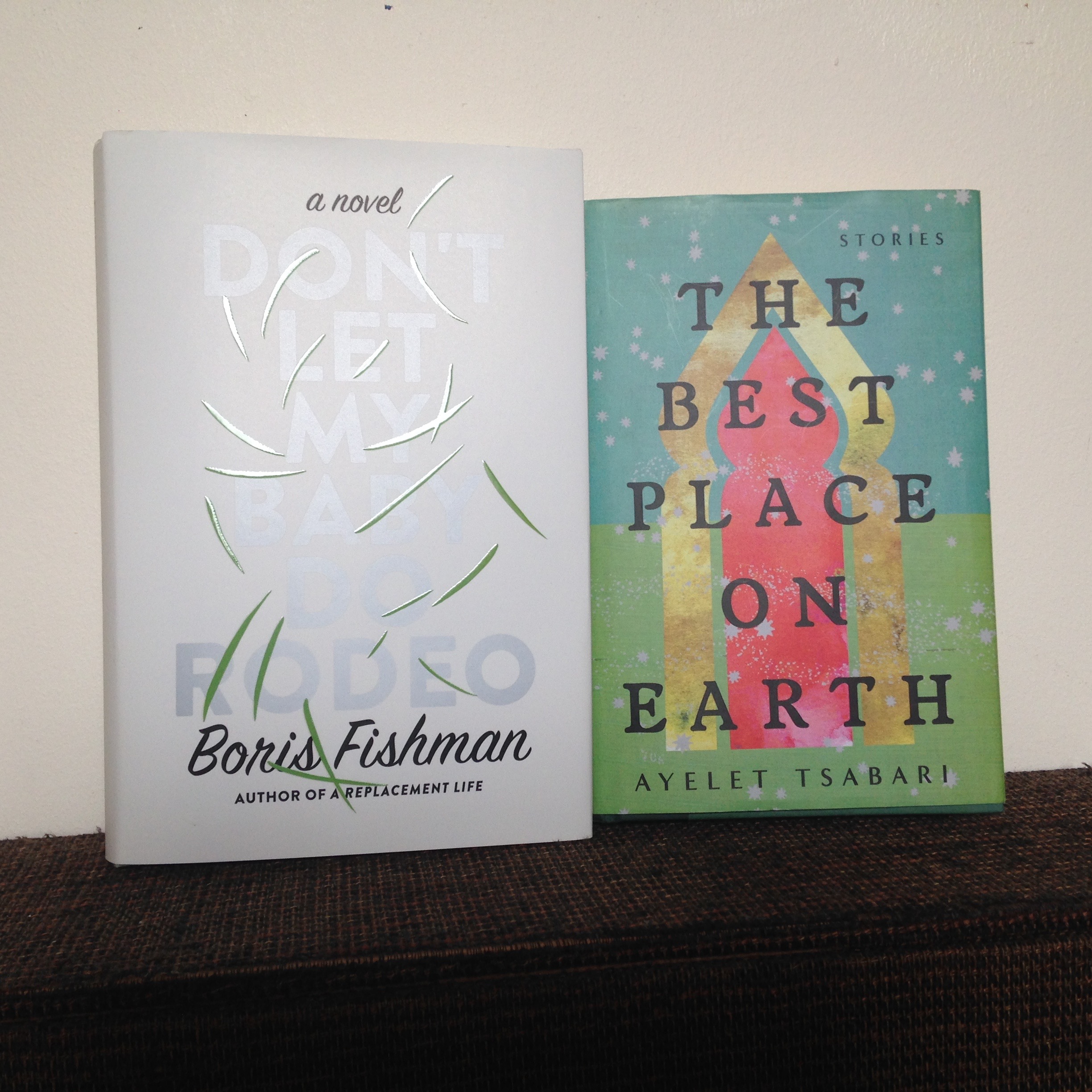
In my examiner article I write:
"Two fiction books published this month explore what home means for two distinct waves of recent immigrants. Boris Fishman continues to relate the experiences of Russian speaking Jews who immigrated to America in the 1970s, 80s, and 90s in his second novel Don't Let My Baby Do Rodeo, and Canadian-Israeli writer Ayelet Tsabari explores the lives of young Israelis at home and abroad in her debut book of short stories The Best Place on Earth: Stories, which won the Jewish Book Council’s $100, 000 Sami Rohr Prize for Jewish Literature in 2015 for the 2013 Canadian edition."
Also see my New York Journal of Books reviews of the two books:
http://www.nyjournalofbooks.com/book-review/dont-let-my-baby
http://www.nyjournalofbooks.com/bo…/b...
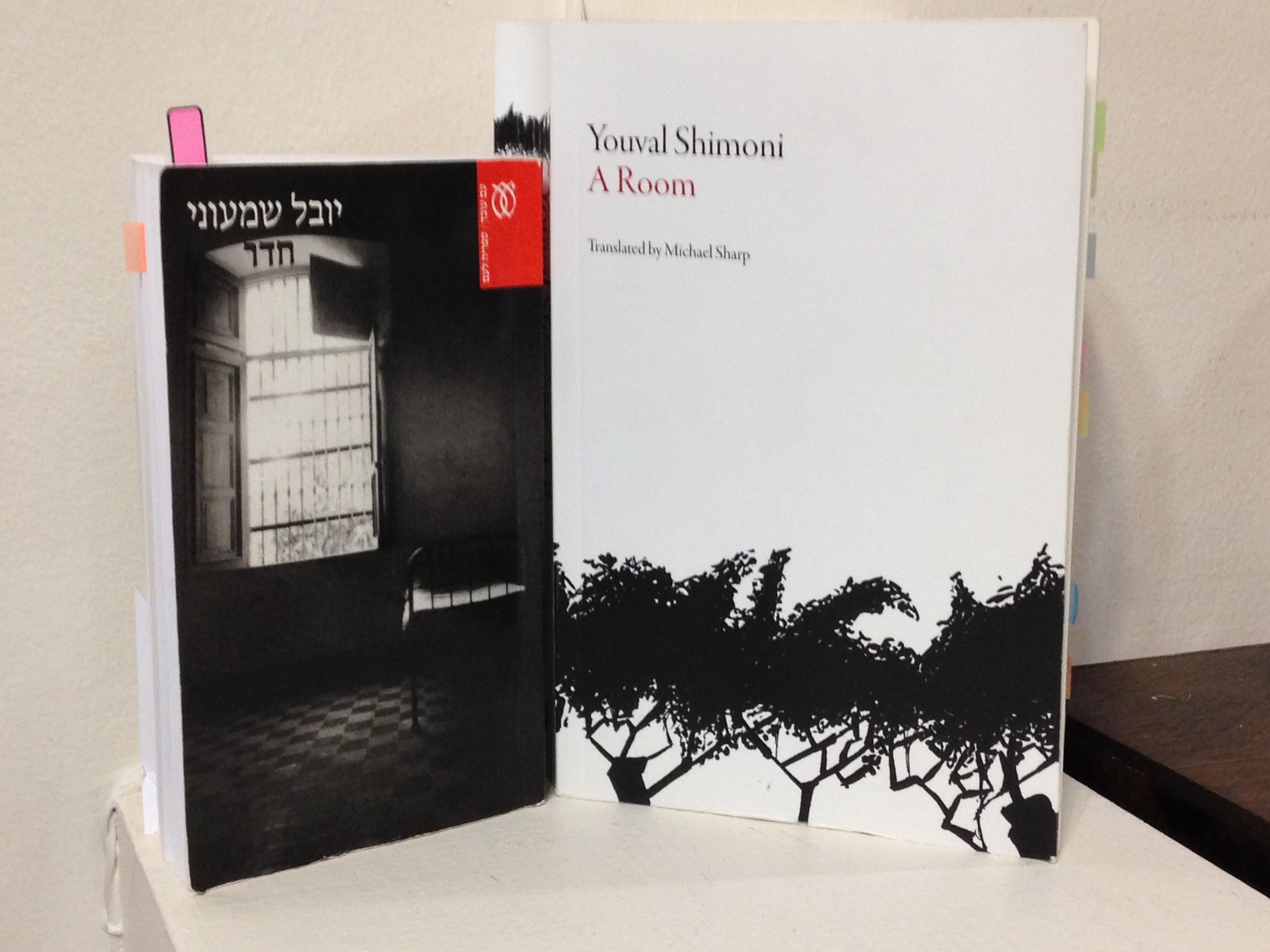
In my New York Journal of Books review of Youval Shimoni's A Room I write: "A Room is strongly recommended to readers of post-modern and experimental fiction who enjoy stream of consciousness narratives and who are willing to delve deeper than a thin plot’s surface level."
See my examiner article for additional excerpts from the novel.
My review of William Gass' new book of short fiction appears in New York Journal of Books. For a longer excerpt from the book and additional biographical info about Gass see my examiner.com article.





